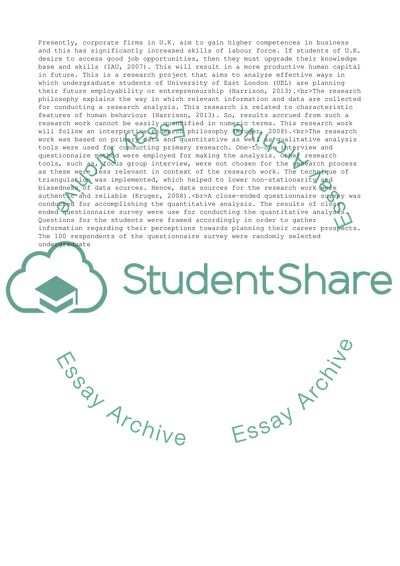Cite this document
(Research in Business and Management Paper Example | Topics and Well Written Essays - 3250 words, n.d.)
Research in Business and Management Paper Example | Topics and Well Written Essays - 3250 words. https://studentshare.org/business/1825504-research-in-business-and-management
Research in Business and Management Paper Example | Topics and Well Written Essays - 3250 words. https://studentshare.org/business/1825504-research-in-business-and-management
(Research in Business and Management Paper Example | Topics and Well Written Essays - 3250 Words)
Research in Business and Management Paper Example | Topics and Well Written Essays - 3250 Words. https://studentshare.org/business/1825504-research-in-business-and-management.
Research in Business and Management Paper Example | Topics and Well Written Essays - 3250 Words. https://studentshare.org/business/1825504-research-in-business-and-management.
“Research in Business and Management Paper Example | Topics and Well Written Essays - 3250 Words”. https://studentshare.org/business/1825504-research-in-business-and-management.


